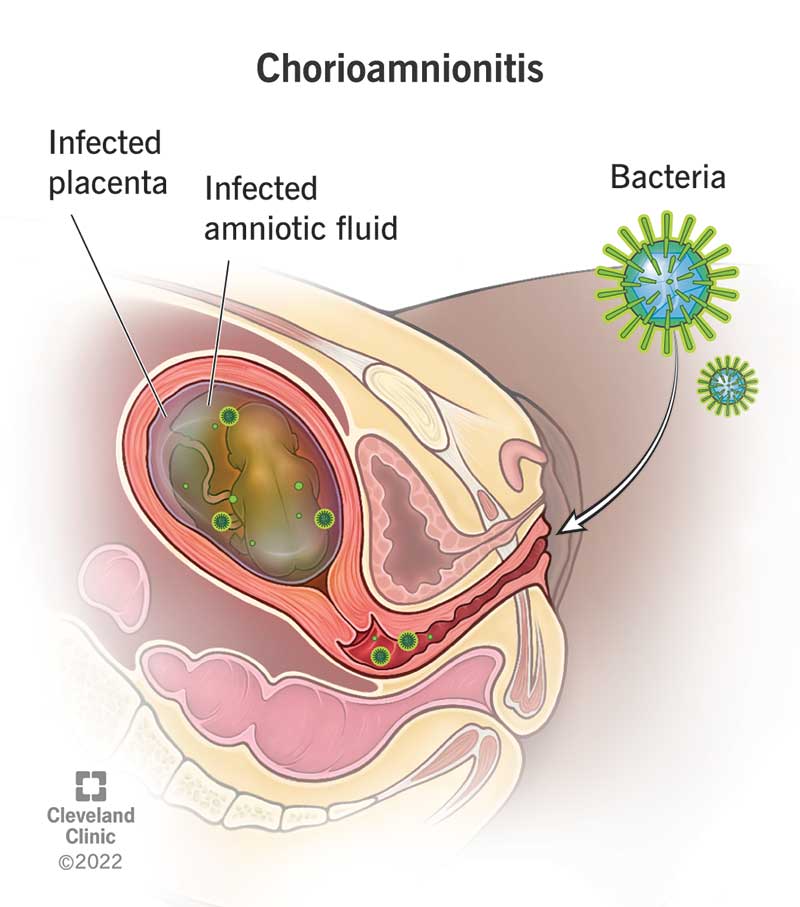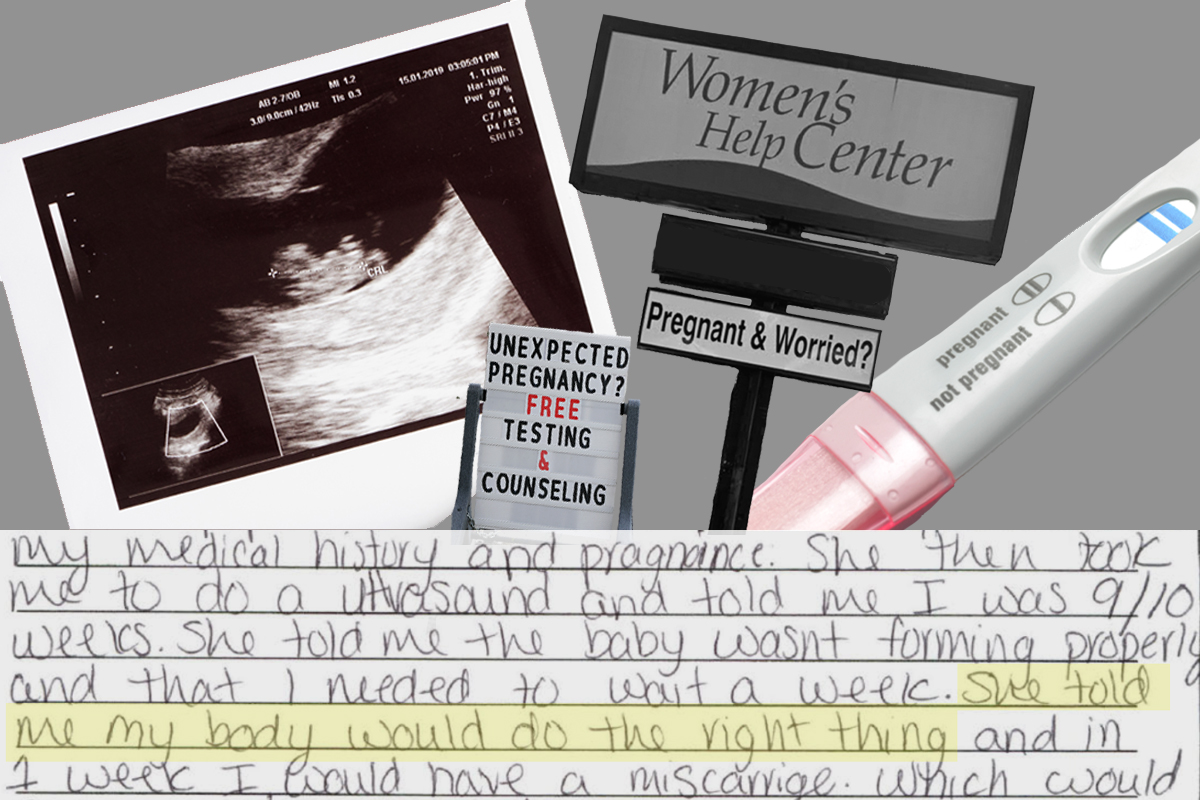Smelly discharge after an abortion may indicate infection and requires prompt medical attention. Doctors typically treat it with antibiotics and rest.
Experiencing smelly discharge post-abortion can be worrying, but it is a symptom that needs immediate care to avoid complications. Abnormal discharge, particularly with a foul odor, often suggests an infection or retained tissue, which, if left untreated, could lead to more severe health issues.
Seeking the advice of a healthcare provider is crucial for a proper diagnosis and to receive the right treatment, which usually involves a course of antibiotics. Ensuring complete rest and proper hygiene can also aid in recovery. It’s essential to follow post-abortion care instructions to minimize the risk of infection and promote healing. Always communicate any concerning symptoms to your doctor to maintain your reproductive health. Remember, while a certain level of discomfort and slight vaginal bleeding is common after an abortion, a foul-smelling discharge is not and requires a medical review.
:max_bytes(150000):strip_icc()/infection-after-miscarriage-signs-and-symptoms-2371524-FINAL-abfac748318e4b39bb0e533a45890d80.png?w=640&ssl=1)
Credit: www.verywellfamily.com
Causes Of Post-abortion Odor
After an abortion, changes in the body can lead to an unusual odor. Understanding what causes this scent is essential for proper care and recovery. The following factors may contribute to post-abortion odor:
Infection: From Mild To Severe
One cause of odor after an abortion can be an infection. Mild infections, such as bacterial vaginosis, can produce a fish-like smell. Severe infections, like endometritis, may cause a foul scent if left untreated. Signs of an infection include:
- Fever
- Abdominal pain
- Unusual discharge
It’s crucial to see a doctor immediately if infection symptoms are present.
Retained Tissue: Complications To Watch For
Sometimes, small pieces of tissue remain in the uterus. These can cause an unsavory odor. Look out for signs such as:
- Heavy bleeding
- Severe cramps
- Unpleasant smelling discharge
If these symptoms arise, consult a healthcare provider.
Hormonal Changes And Their Effects On Body Odor
Abortion can cause shifts in hormone levels. These changes might alter body odor. Sweat and other bodily fluids may have a different smell than usual. Keep track of these changes and mention them during follow-up appointments.
Hygiene And Management During Recovery
Good hygiene practices are important for recovery. Use gentle, unscented products. Avoid douching, as it can disrupt the natural balance. Stay attentive to changes in odor, and maintain regular check-ups for proper health management.

Credit: my.clevelandclinic.org
Identifying Normal Vs. Concerning Symptoms
Understanding what to expect after an abortion is key to recognizing any unusual signs that may need medical attention. It’s important to distinguish between the body’s standard healing process and symptoms that might indicate a complication. This section will guide you through what’s normal and what’s not.
Expected Physical Changes After Abortion
After an abortion, your body undergoes several changes as it returns to its pre-pregnancy state. Here’s what you might experience:
- Mild cramping similar to menstrual pains
- Spotting or bleeding, typically less than a period
- Discharge that is clear or white and odorless
These are expected and usually last a few days to a couple of weeks.
When To Seek Medical Attention
Some signs warrant prompt medical advice:
- Fever that suggests an infection might be present
- Severe abdominal pain, not relieved by medication
- Heavy bleeding, soaking through pads every hour
- Unpleasant-smelling discharge, which could indicate an infection
Never hesitate to contact a healthcare provider if you’re worried.
Understanding Post-abortion Bleeding And Discharge
Post-abortion bleeding and discharge vary for everyone. Let’s break down what is normal:
- Bleeding often starts and stops and can last up to two weeks.
- Discharge may change in color and consistency.
- Use sanitary pads to monitor blood loss.
Smelly discharge often indicates a problem. Contact a doctor if you notice this.
Home Care Strategies For Post-abortion Recovery
Recovering from an abortion can be both emotionally and physically demanding. A common concern for many women is how to effectively manage smelly discharge post-abortion treatment. Proper home care strategies are essential for a safe and comfortable recovery. Engaging in self-care at home not only helps in healing but also reduces the risk of complications like infections, which can cause odor and discomfort. Let’s explore how you can create a conducive environment at home to support your recovery process.
Rest And Recuperation: Setting A Healing Environment
- Create a tranquil space: Ensure your bedroom is quiet, dark, and cool for better rest.
- Limit physical activity: Avoid heavy lifting and strenuous exercises to prevent strain.
- Comfort is key: Use comfy pillows and blankets to support your body and sleep.
Diet And Fluids: Promoting Internal Balance
- Eat nutritious foods: Opt for fresh fruits, vegetables, and lean protein for recovery.
- Stay hydrated: Drink plenty of water to help flush out toxins from your body.
- Avoid alcohol: Alcohol can hinder the healing process and dehydrate you.
The Role Of Personal Hygiene In Healing Process
- Clean gently: Use warm water and mild soap to wash your body daily.
- Change sanitary pads: Regularly change pads to prevent infection and odor.
- Avoid tampons: Stick to pads to reduce the risk of introducing bacteria.
Medical Interventions And Treatments
Dealing with a smelly discharge after an abortion can be distressing. Medical interventions and treatments are vital to prevent complications and ensure a full recovery. Timely and appropriate medical care is crucial to address any infections or retained tissues.
Antibiotics: Clearing Infections Effectively
Antibiotics play a crucial role in treating infections. These infections can cause an unpleasant odor post-abortion. Doctors often prescribe a course of antibiotics to clear up any bacterial growth. It is important to complete the full course to ensure the infection is fully resolved.
D&c Procedures: Removing Retained Tissues
Retained tissues can lead to infections and smelly discharge. A Dilation and Curettage (D&C) procedure can remove these tissues. This is a simple surgical procedure that scrapes the inside of the uterus. It helps restore the uterus to a healthy state.
Follow-up Examinations: Ensuring Comprehensive Care
Follow-up examinations confirm the success of the treatment. Doctors check to make sure all tissues have been cleared and that the uterus is healing. These exams can prevent future health issues. They also provide peace of mind for patients during recovery.
Psychological Impact And Seeking Support
Experiencing an abortion can be emotionally challenging. Beyond the physical recovery lies a complex range of feelings. Many individuals find themselves grappling with a heavy psychological aftermath. Recognizing the importance of emotional health is crucial. Support systems play a vital role in navigating this journey.
Dealing With Emotional Aftermath Of Abortion
The emotional wave post-abortion is unique for everyone. It often includes a mix of relief and grief. Feeling uncertain or overwhelmed is normal. Addressing these emotions is necessary for healing. Various coping strategies, like journaling or engaging in restorative activities, help. But sometimes, more structured support might be necessary.
Support Groups And Therapy Options
You’re not alone in this experience. Many find solace in shared experiences. Consider joining support groups tailored to post-abortion care. They offer a multitude of benefits:
- A safe space for sharing
- Connection with others who understand
- Guidance from experienced facilitators
If group settings aren’t preferred, personal therapy is another strong option. Licensed therapists can provide one-on-one support, tailored to your individual needs.
Communication With Loved Ones: Sharing Your Experience
Opening up to friends or family can be tough, but it’s often therapeutic. Choosing someone you trust is important. Honest conversations can lead to profound support. Remember, sharing your story is your choice and should be on your terms. Helpful tips include:
- Set clear boundaries beforehand
- Express your needs and feelings clearly
- Ask for support in specific ways
Active listening from loved ones can comfort you. Sometimes, they might not know how to help. It’s okay to guide them on how they can be there for you.

Credit: hersmartchoice.com
Frequently Asked Questions On Smelly Discharge After Abortion Treatment
Is Smelly Discharge Normal After An Abortion?
Smelly discharge can be a natural part of the healing process after an abortion. It’s usual to have some odor due to shedding uterine tissue, however, any foul or persistent smell should be evaluated by a healthcare provider as it may indicate an infection.
What Causes Bad Odor Post-abortion?
Post-abortion bad odor is often due to remaining tissue or an infection called endometritis. It’s important to watch for accompanying symptoms like fever or abnormal discharge, which necessitates contacting a healthcare provider for evaluation and treatment.
How To Manage Smelly Discharge After Abortion?
Maintain good hygiene and use sanitary pads instead of tampons. Avoid douching as it can disrupt the natural balance. If the smell persists or worsens, it is important to seek medical attention to rule out any complications like infections.
When Should I Worry About Discharge After Abortion?
Worry about discharge if it’s accompanied by symptoms such as fever, severe lower abdominal pain, or if the discharge is heavy, green, or yellow. These signs could indicate an infection or incomplete abortion, requiring a healthcare professional’s immediate attention.
Conclusion
Dealing with post-abortion discharge can be unsettling. It’s vital to monitor your health and seek medical advice if symptoms persist. Remember, healing varies for everyone. With proper care, your body will recover. Let’s prioritize well-being and support each other through such experiences.




